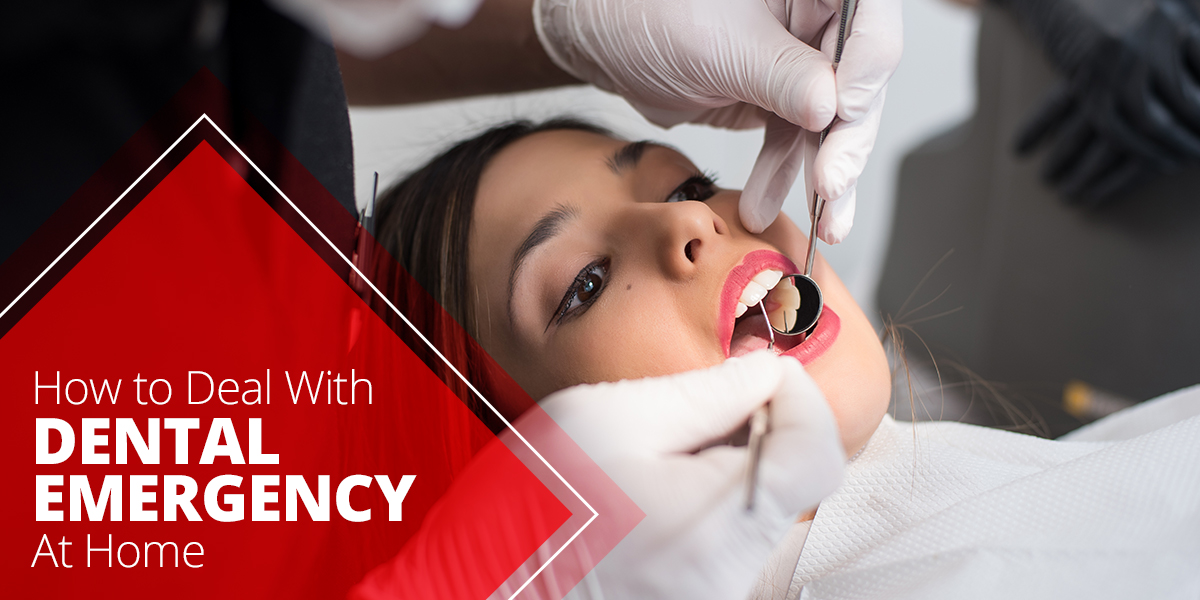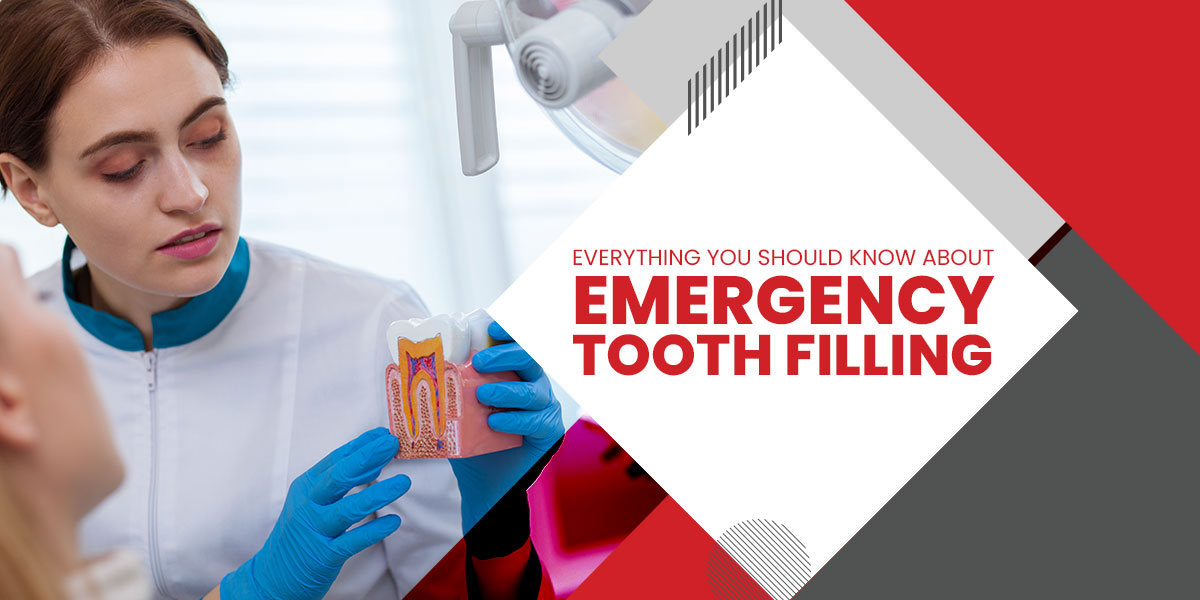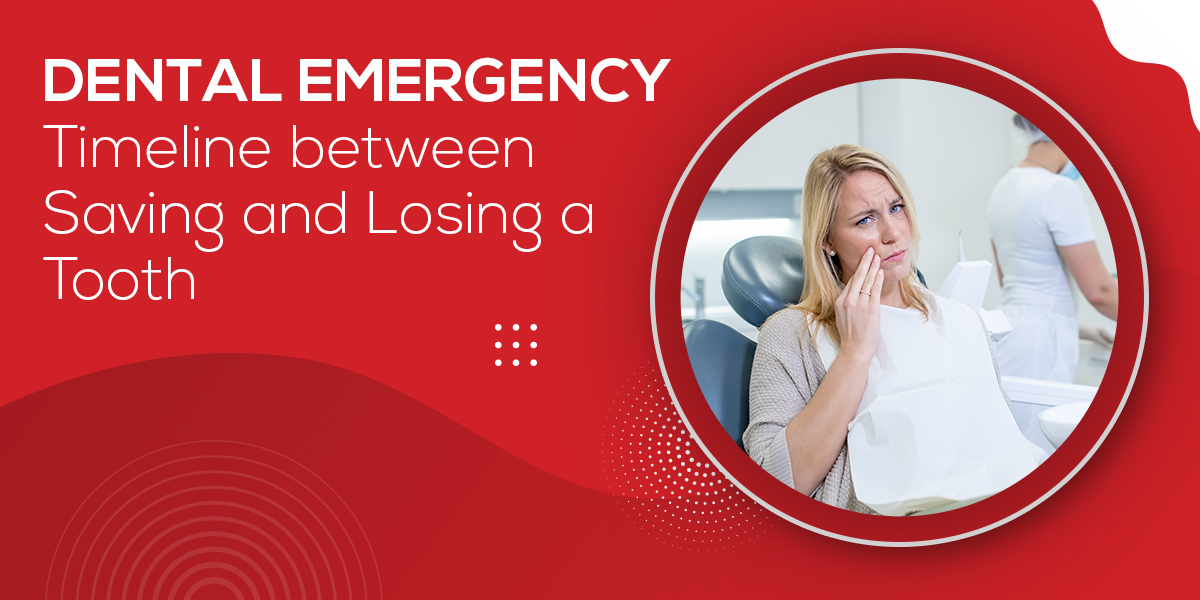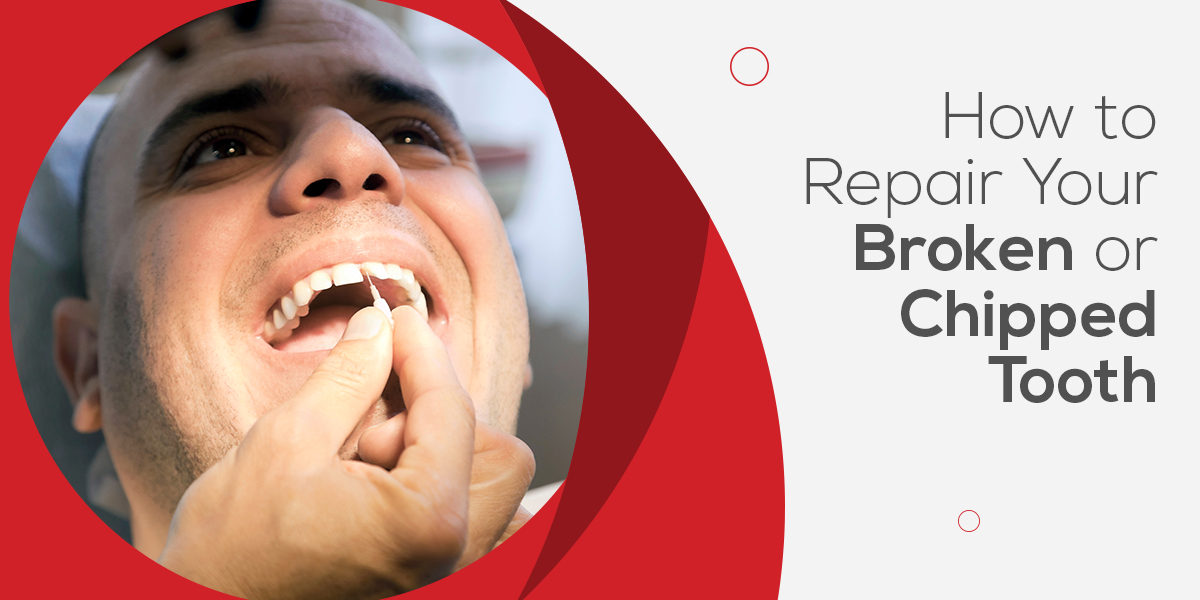
After the COVID-19 pandemic, everyone learns to deal with several issues at home to some extent. Dental emergencies are one problem which arrives without a warning alarm. In this blog we will provide you with some ways of how to deal with such emergencies at home.
Tooth pain
This most common emergency dentistry condition needs treatment from an emergency dentist. However, while you are at home, we advise you to do the following:
- Abstain from extreme temperatures and cut off the intake of sugar to help eliminate the triggers initiating the pain.
- Rub anaesthetic gel in the painful area
- If the pain is too severe, antibiotics alone will not help. We recommend combining antibiotics with pain relievers. Please note it is extremely important to never exceed the recommended dose.
- If the pain is accompanied by sensitivity then we advise the use of a desensitising toothpaste. Apply the toothpaste to the area twice daily and leave it for a couple of minutes without rinsing your mouth.
Swelling
Abscess or dental infections can result in swelling. In such situations, We advise you to do the following.
- Take painkillers to help alleviate the pain, and any other anti-inflammatory medication to reduce the swelling.
- Try to drain the abscess at home. Just by squeezing it a little, some of the pain should be relieved.
- Swill warm salty water round the mouth every day up to 3 times.
- Antibiotics may help you if the swelling extends to the neck or eye. However, please be aware antibiotics can contain ingredients which you may be allergic to. If the swelling affects breathing and vision, rush to the dentist or doctor immediately
Wisdom tooth
Wisdom toothache most often takes place because of inflammation of the gum. When part of the tooth is still covered by the gum it makes it incredibly difficult to clean and food can easily become trapped. It can also worsen due to biting and trauma. However, you can take care of it at home to clear the symptoms in a short space of time.
- Excellent cleaning is necessary, despite the pain as it will influence rapid healing
- A soft diet is advises to lessen the trauma due to biting
- Take painkillers whenever you need as per the instructions on the pack
- Wash the mouth using warm saltwater 3 times regularly
- Antibiotics is helpful if the swelling spreads in cheek and face
Pain post tooth extraction
Mostly, sometimes all you need is good care.
- Continue taking painkillers for a couple of days after the extraction
- Administering antibiotics is not possible for the pain post extraction unless there is an infection present- e.g pus, discharge and swelling
- Mouthwash and warm saltwater rinses can help prevent infection. Just swill the mouthwash or salt water round the mouth for 3 days if managable.
- If you are a smoker, or if you rinse the mouth out in the first 24 hours after an extraction there is a high probability of getting a dry socket. If the pain continues to get worse after a week then regular pain relievers will not be enough. At that time you need socket dressing for covering the exposed bone, which means revisiting the dentist.
Bleeding post extraction
Bleeding straight after tooth extraction is guaranteed, and is nothing to worry about.
Pinkish saliva and slight oozing will happen from the extraction site and it is absolutely normal.
In the case of extensive bleeding applying gentle pressure to the area will help. We recommend biting on a clean handkerchief or gauze firmly for about 20 minutes.
If the bleeding will not stop, then you must return to the dentist for further assistance.
Rubbing Sutures
Every suture is resorbable as it will fall off with time.
Keep the area clean using warm salt water, mouthwashes and gentle brushing is required
If a suture is really bothering you, we highly recommend booking an appointment with your dentist as opposed to attempting the removal yourself at home. The appointment can take as little as 5 minutes.
In case you are unable to do it there is no problem at all. However you must keep cleaning the area. The body will absorb the suture gradually and in the end it will fall off. Even the knot can start unravelling so you can pull off the suture after that yourself if you feel comfortable to do so.
Rubbing dentures
It likely requires adjustment by the dentist. However, the following tips may help you.
Use the fixative available in the market. It will stabilise your denture providing enhanced comfort.
To manage ulcers, get in touch with the dentist and follow the instructions given.
In case none of these help and the pain is worsening please book an appointment with your dentist.
Sensitivity
Teeth sensitivity can happen as a result of receding gums, tooth decay and failure of fillings.
You can seek help from desensitising toothpaste which can be bought from any supermarket. Rub the toothpaste on the infected area and if possible wait up to an hour before rinsing it out. Do this twice daily for a couple of weeks.
Abstain from super hot or cold drinks and foods that trigger sensitivity.
Limit the intake of sugar and maintain proper oral hygiene.
Regular painkillers may be needed for highly sensitive teeth.
For persistent pain you must visit the emergency dentist as soon as possible.
Bleeding gums
Likely takes place as a result of periodontitis or gingivitis (gum disease).
Unless there is improvement in oral hygiene, bleeding will likely not stop. To maintain good oral hygiene you must brush your teeth twice a day, devoting additional time to the areas where you have bleeding.
Flossing daily is highly recommended for removal of food debris and particles in between the teeth.
Avoid using mouthwash for bleeding gums.
3 or 4 monthly Hygienist visits are highly recommended.
Apart from the above-mentioned, there are other dental emergencies you may encounter. If you ever face any of these other problems it is better to visit our clinic Dental Emergency in London 20 Wimpole Street. We have a flexible appointment facility and experienced dentist team to handle your problems.






